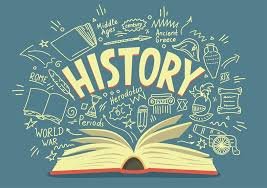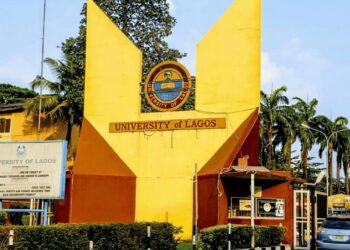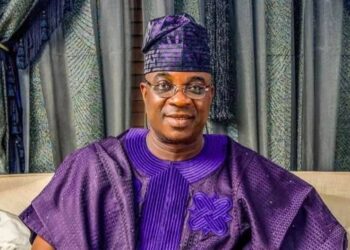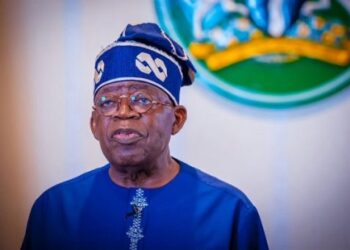President Bola Ahmed Tinubu has announced that History will once again become a compulsory subject in Nigeria’s primary and secondary schools, starting from September 2025. This is a welcome development, one that promises to reignite the collective understanding of our heritage, values, and national identity.
For too long, the study of History was sidelined, depriving generations of young Nigerians of the opportunity to understand their roots, their heroes, and the lessons of the past. This omission has left a void in the curriculum, which has been filled with a skewed emphasis on technical and vocational subjects at the expense of understanding the nation’s socio-political evolution.
This move is timely,the reintroduction of History is timely for several reasons.
Firstly, a nation that neglects its history risks breeding a citizenry disconnected from its past. Understanding historical events such as the pre-colonial empires of Benin and Oyo, the struggles against colonialism, the civil war, and the roles of figures like Obafemi Awolowo and Nnamdi Azikiwe, equips citizens with a sense of identity and purpose.
Moreover, History provides context for current events. The ethnic tensions, governance challenges, and economic policies of today are better understood through the lens of historical events. Teaching History allows students to critically analyse how past decisions shape present realities, fostering informed citizenship and reducing ignorance-fuelled biases.
Reinstating History as a subject must go hand in hand with a thorough review of available literature and historical materials. The current body of work used in schools requires updating to reflect accuracy, inclusivity, and relevance.
Nigeria’s history is rich and diverse, but its documentation often reflects colonial perspectives or selective narratives. For instance, stories of minority groups, women leaders, and unsung heroes are frequently omitted. By reviewing and diversifying historical materials, we ensure that every Nigerian sees their reflection in the nation’s story.
Furthermore, updated literature helps combat the propagation of myths and misinformation. In the digital age, where half-truths circulate rapidly on social media, equipping students with verifiable accounts is crucial. This builds critical thinking skills, enabling young minds to question and verify information, a skill transferable to other facets of life.
To maximise the benefits of this policy, History must be taught not as a dry recount of dates and events but as an engaging narrative that connects past, present, and future. Interactive methodologies such as storytelling, documentaries, and visits to historical sites can bring lessons alive. Teachers must also be trained to handle the subject with depth and sensitivity, particularly on contentious topics like the civil war.
The inclusion of History should not isolate Nigeria from global narratives. A balanced curriculum should juxtapose Nigerian history with African and world histories, demonstrating the interconnectivity of civilisations and shared human experiences.
While reintroducing History is a step in the right direction, its success depends on broader societal efforts. Parents, communities, and the media must also take responsibility for preserving and promoting historical knowledge. National museums and archives should be revitalised, and more initiatives like history-themed competitions and exhibitions can spark interest in young Nigerians.
The decision to make History compulsory is more than an educational reform—it is a bold statement about reclaiming our identity as a nation. In a world increasingly defined by rapid technological change and globalisation, understanding where we come from remains critical to charting a path forward.
By teaching History and reviewing the materials through which it is conveyed, we prepare future generations to be informed, critical, and connected to their roots. As President Tinubu’s declaration takes effect, we hope that this move not only enriches our classrooms but also inspires a deeper appreciation for Nigeria’s unique and complex story.


















































































 EduTimes Africa, a product of Education Times Africa, is a magazine publication that aims to lend its support to close the yawning gap in Africa's educational development.
EduTimes Africa, a product of Education Times Africa, is a magazine publication that aims to lend its support to close the yawning gap in Africa's educational development.